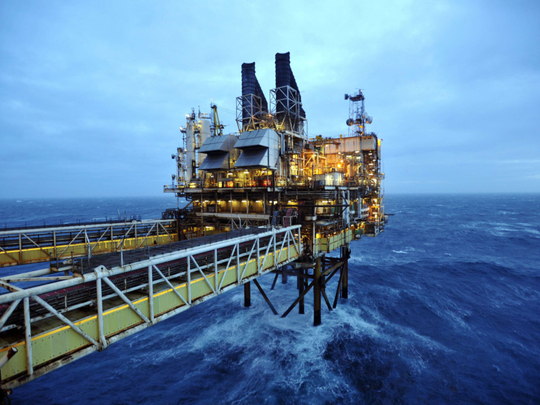
How Westminster helped squander Scotland’s black gold
The collapse in North Sea oil prices is being used to score cheap political points by the SNP’s opponents

The collapse in North Sea oil prices is being used to score cheap political points by the SNP’s opponents
